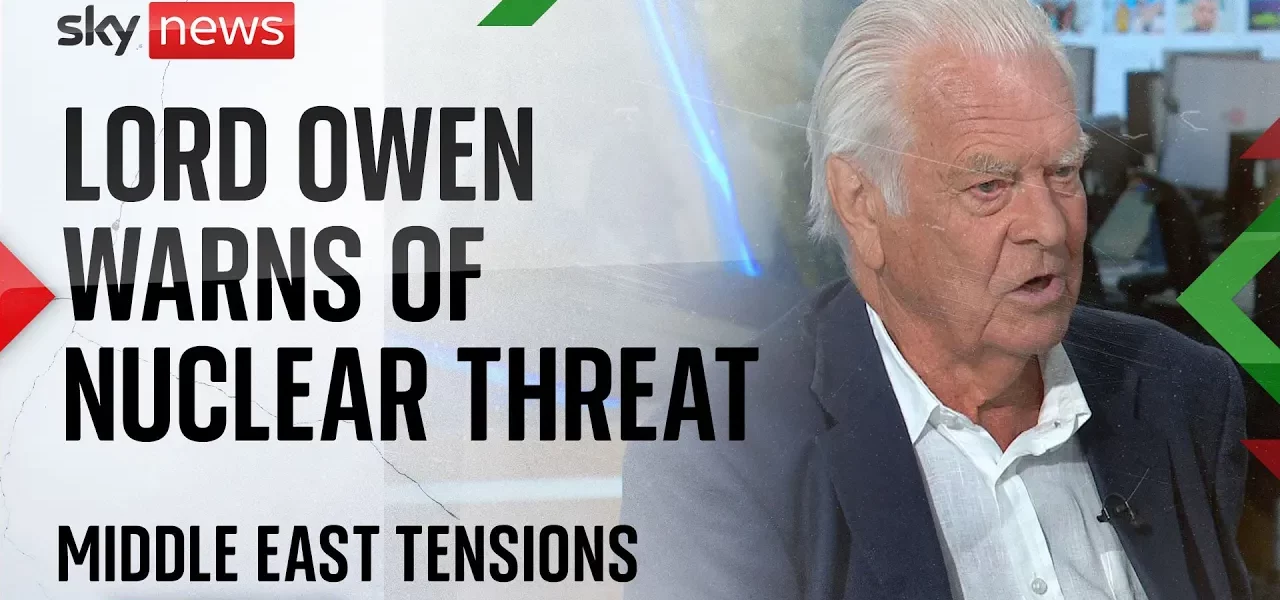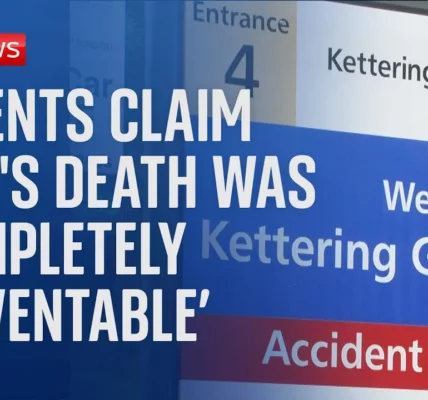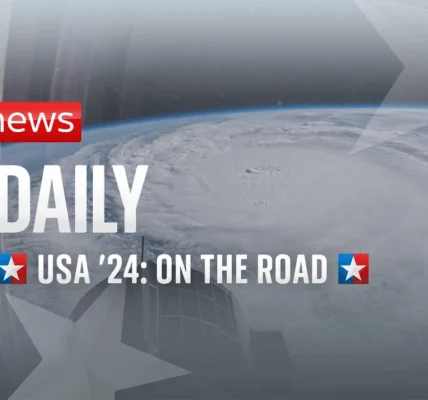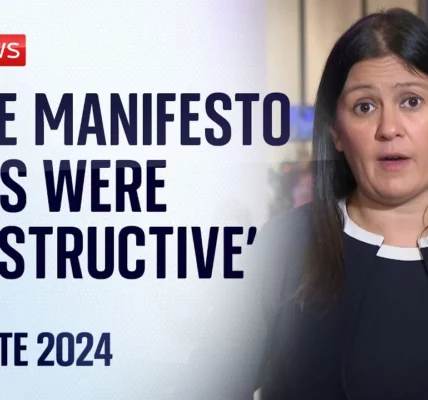Current Situation in the Middle East: Insights from David Owen

This article delves into the complexities of the ongoing situation in the Middle East, featuring insights from former Foreign Secretary David Owen regarding Iran’s potential retaliation, Israel’s responses, and the broader implications for international relations and diplomacy.
Understanding the Current Middle Eastern Landscape
The Middle East remains a focal point of global political discourse, especially concerning the relationships between Iran, Israel, and the United States. The recent tensions have raised significant questions about the potential for conflict and the role of diplomacy. David Owen, the former Foreign Secretary, provides valuable insights into these dynamics, emphasizing the need for careful navigation through this precarious situation.
The Risks of Iranian Retaliation
As the situation escalates, the possibility of Iranian retaliation looms large. Owen acknowledges that while it is not inevitable, the risk is notably high. The Iranian government has communicated its displeasure with the current geopolitical dynamics, and the implications of their potential response could be severe.
Diplomatic Efforts
Owen highlights the importance of diplomatic channels in mitigating conflict. The UK maintains an embassy in Iran, which has facilitated communication. Key points include:
- Utilization of established diplomatic relationships to manage tensions.
- Engagement with multiple countries to present a unified front.
- Maintaining open lines of communication to prevent misunderstandings.
Israel’s Strategic Considerations
The response of Israel to potential Iranian aggression is critical. Historically, Israel has reacted swiftly to threats, but Owen suggests a more measured approach this time.
The Need for Restraint
Owen argues that Israel must reconsider its typical immediate retaliation strategy due to the complex nature of current events in Gaza and the surrounding areas. Important considerations include:
- Recent Israeli policies have drawn criticism, even from allies.
- Escalating tensions could lead to broader conflict, including nuclear implications.
- Miscalculations could further erode international support for Israel.
The Nuclear Threat
The ongoing crisis has brought the nuclear capabilities of both Iran and Israel into sharper focus. Owen notes that the rhetoric surrounding nuclear weapons has escalated, marking a dangerous shift in the conflict.
Potential Consequences
With both nations indicating their nuclear arsenals are on the table, the stakes are higher than ever. The potential consequences of a miscalculated strike could include:
- Direct conflict leading to significant loss of life.
- Destabilization of the entire region.
- Global economic repercussions due to oil market fluctuations.
The Role of Western Powers and Diplomacy
Owen discusses the influence of Western powers in the current situation, particularly the United States under President Biden and the UK’s diplomatic strategies.
Collaborative Diplomacy
Collaborative efforts among Western nations are crucial for effective diplomacy. Notable points include:
- Utilization of new leadership voices to facilitate discussions.
- Engagement with Middle Eastern countries to foster goodwill.
- Balancing action and restraint to avoid exacerbating tensions.
Historical Context: The Iranian Revolution
Owen reflects on the historical context of Iran’s role in regional tensions, particularly since the Iranian Revolution. He cautions against oversimplifying the narrative surrounding Iran as the sole malign actor in the region.
Lessons Learned
Understanding the past is essential for shaping future policies. Key lessons include:
- Recognizing the complexities of Iranian society and politics.
- Acknowledging past foreign policy mistakes that have shaped current sentiments.
- Promoting respect and understanding to build better relations.
The Ukraine Conflict: An Additional Layer of Complexity
The ongoing conflict between Ukraine and Russia has further complicated the geopolitical landscape. Owen notes that Ukraine’s recent actions indicate a shift in their strategy, which could have far-reaching implications.
Implications for Global Security
As Ukraine takes decisive actions, it is essential to consider the broader implications for global security, including:
- The potential for increased military engagement in Eastern Europe.
- Shifts in alliances and support among Western nations.
- Impact on global energy markets and resources.
Conclusion
In summary, the situation in the Middle East is fraught with complexities that require careful diplomatic engagement. David Owen’s insights shed light on the potential risks associated with Iranian retaliation, the need for Israel to adopt a more cautious approach, and the broader implications of these tensions on global security. It is crucial for all parties to engage in constructive dialogue and seek pathways to peace to avert a larger conflict. For further reading on international relations, explore our articles on Middle Eastern diplomacy and nuclear non-proliferation efforts.
“`




